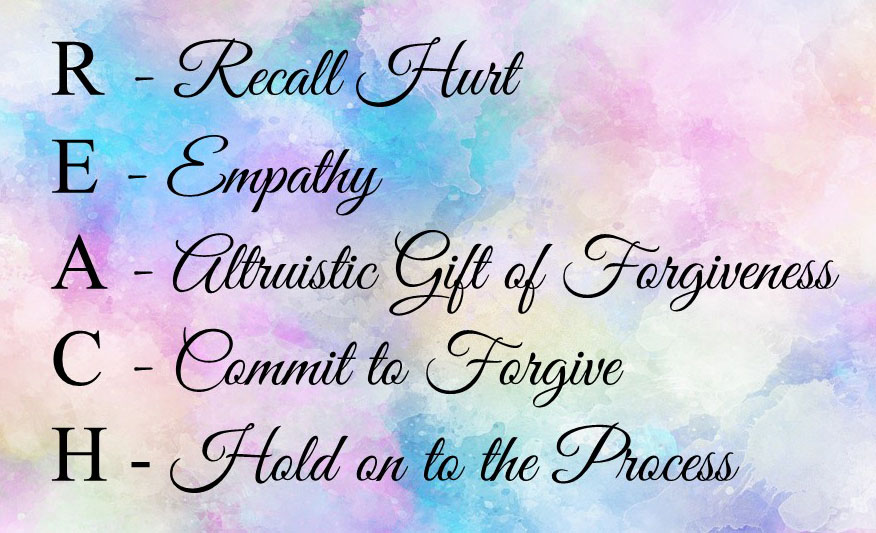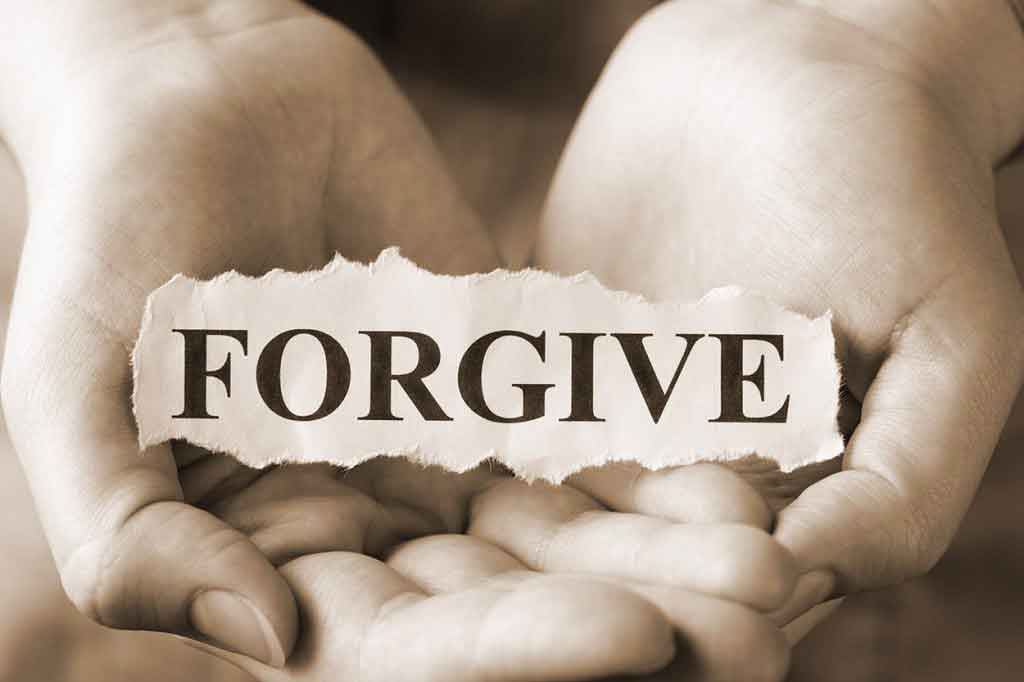Our next two blogs will be covering the topic of forgiveness. One of our team members has done an amazing job laying out this topic and we wanted to be sure we shared it in its entirety. In part one you will hear her speak to the concept of forgiveness and a map to navigating it. In part 2 she will expand on the scripture to support the process of forgiveness and the gift it is for us as believers.
The beautiful, messy, healing truths I learned the hard way – (Part 1)
The ability to forgive is one of God’s greatest miracles in my life. But as a therapist, forgiveness used to be my least favorite topic to discuss with women who had experienced sexual betrayal. The last thing I ever wanted to do was to make a woman feel pressured to forgive in the midst of her trauma. But it was, and is, a necessary topic in this arena in order for healing to occur. Before we go any further with this topic, I want you to hear me say that I am NOT pressuring you to forgive by discussing it here. I fully recognize that we are all at various places in our healing journeys, and that even though forgiveness is on that journey, you may or may not have gotten there yet. So take the pressure off, trust the Lord, and rest in the grace that is yours to learn about forgiveness.
Merriam-Webster defines “forgive” this way: “to cease to feel resentment against (an offender); to give up resentment of or claim to requital; to grant relief from payment of.”
Forgiveness is one of those things about which the Bible gives really clear instruction. I’ll share lots of scripture references with you in a moment, but the one I want to highlight right now is the one that stopped me in my tracks when I was in the thick of healing from betrayal trauma. You see, forgiveness for my husband came within the first year. He was so remorseful and was working so hard to recover and repair the damage he’d done….he was changing for the better right before my eyes….and I had decided I wanted to reconcile….and I think somehow that helped me forgive. But he wasn’t the only one in my betrayal story that needed forgiveness. And the others didn’t come so easily. I could not (maybe “would not”) bring myself to forgive the “others” who had participated in ripping my world apart in various ways. And then, the Lord gently, through the mouth of my safest person (my therapist), revealed to me the Truth in Matthew 6:14-15 and it shook me to my core:
“For if you forgive other people when they sin against you, your heavenly Father will also forgive you. But if you do not forgive others their sins, your Father will not forgive your sins.”
I knew in my heart that Romans 3:23 was true…I had sinned and fallen short of the glory of God, and my sin would require His forgiveness. So that meant I had some work to do with the Father….I desperately needed His help to forgive others.
Forgiveness can feel like an offensive thought in light of the trauma and far-reaching impact of sexual betrayal. But when we read Matthew 18 and other scriptures like “pray for those who hurt you, bless those who persecute you” (Luke 6:27-28), we begin to see others through Jesus’ eyes. Seeing people, including ourselves, the way He does brings us to humility and exposes our own self-righteousness. This doesn’t change the offense against us; but it does help us remember that we, too, are in need of forgiveness.
Often, women have a difficult time navigating the forgiveness process because they have misconceptions about what forgiveness is. They wrestle with what forgiveness will require of them. Before we look at all that forgiveness IS, let’s look at what forgiveness is NOT.
- It’s NOT minimizing.
- It’s NOT rationalizing.
- It’s NOT excusing.
- It’s NOT denying.
- It’s NOT forgetting.
- It’s NOT reconciling.
- It’s NOT trusting
In his book, The Power of Forgiveness, Everett Worthington introduces the REACH principle to help people work towards forgiveness.
“R” stands for recall hurt, which gives you the directive to tell the whole truth about the offense. It’s so important to know what you’re forgiving.
“E” stands for empathy. Here he encourages you to develop empathy for the person who hurt you. Empathy does not mean excusing, minimizing, or denying.
“A” stands for altruistic gift of forgiveness. This means that you understand that forgiveness is a gift; not something to be earned, and given without expecting anything in return.
“C” stands for commit to forgive. This is where the choice comes in…where you dig your heels in and determine in your heart and mind that you will choose forgiveness, even though it’s hard.
“H” stands for hold on to the process, which means that even when you want to renege or go back to unforgiveness, you’ll continue the process of forgiving so that resentment and bitterness do not take root in your heart and mind.

This last one makes me think of Matthew 18:21-22 where Jesus talks about forgiving 7×70 times. That’s a commitment to the forgiveness process for sure! I, along with many of my clients, have found this “roadmap” for forgiveness helpful. Each step can take some time, but knowing that you’re working towards forgiveness can be encouraging and empowering.
Part 2 to this conversation is coming soon….

